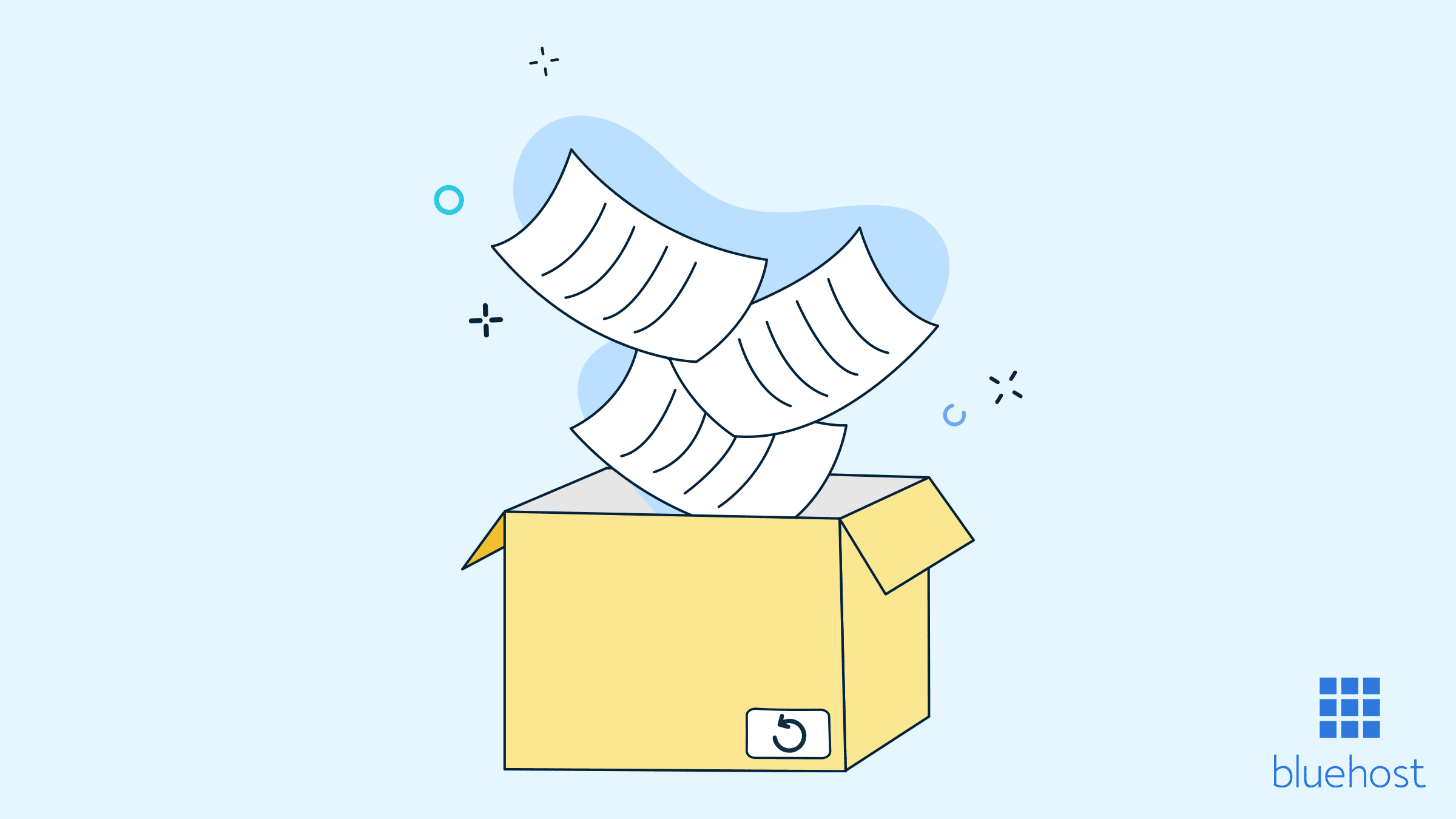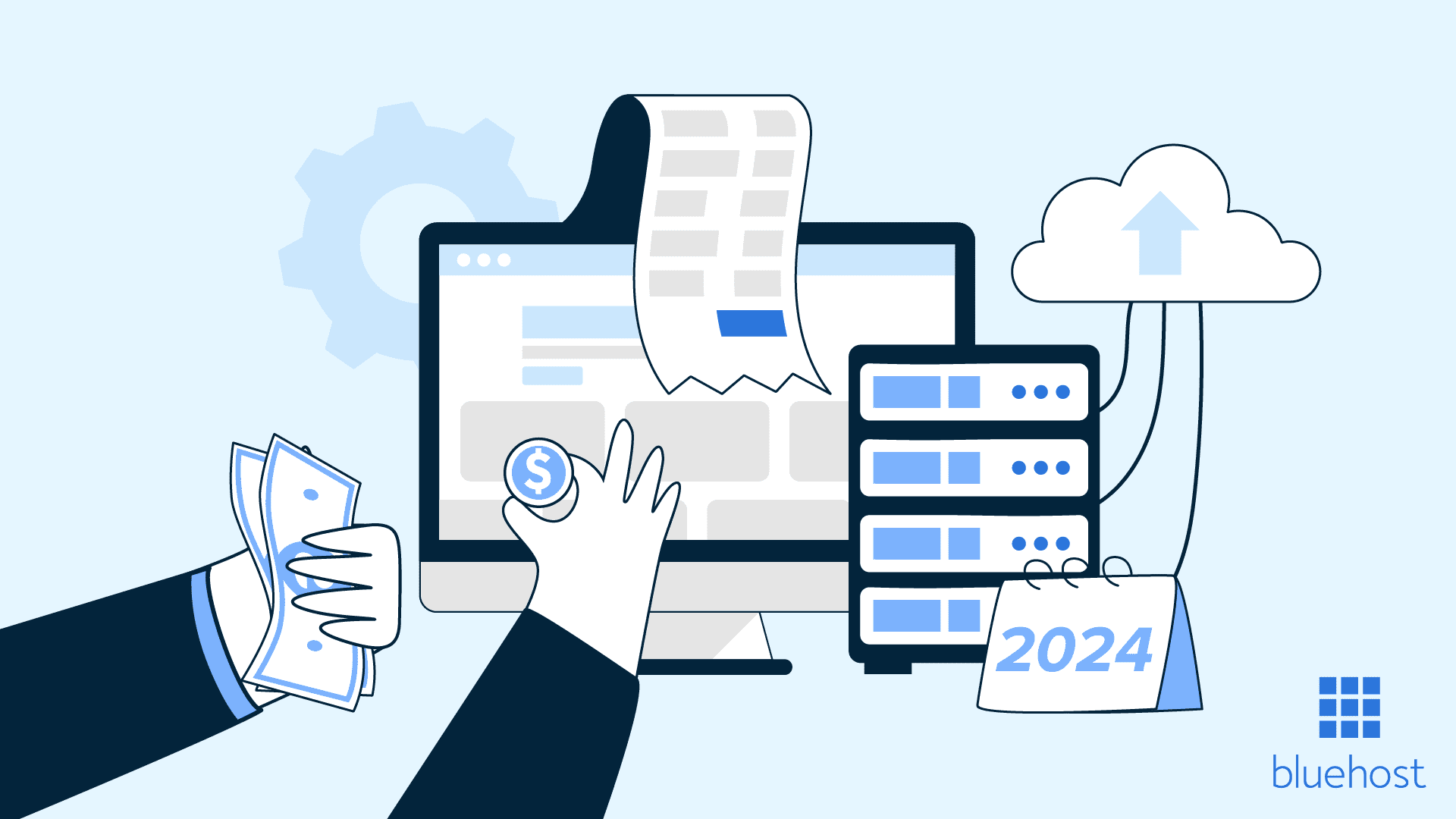Problem No. 1: There are holes in the safety measures
If your website doesn’t have enough security measures, hackers could destroy all of your hard work, whether you’re building an online business or writing a blog. Every year, there are more attacks and they are getting worse. Between 2015 and 2016, the number of websites that had been hacked went up by 32%. Fixing all the damage can take a lot of time and money. Wordfence says that at least 47% of all WordPress flaws are cross-site scripting vulnerabilities, which are also called XSS vulnerabilities. This problem happens when bad scripts are added to the source code of a plugin. If a website’s tools aren’t kept up to date, it could also be hacked. Sucuri says that 25% of all hacks into websites were caused by problems with RevSlider, Gravity Forms, and TimThumb. There are no new versions of any of the three tools. A hacked website can hurt not only your privacy but also the image of your business. But it’s important to remember that any software you put on your computer comes with risks.Problem No. 2: The site isn’t reliable and it crashes often.
Even the most popular apps for WordPress hosting, like WP Super Cache and W3 Total Cache, have their problems. Because WordPress is an open source project, anyone can use, change, and share any part of it. Because of this, the vast majority of apps are also free. Because of this, it is possible for plugins to have bad code, which can cause a website to crash. Because of these problems, it’s easy for a plugin to go from being helpful to being bad, which can slow down both the website and the pages.Problem No. 3: Bad performance and slow page speed
To keep people on your site, you need to make sure that your pages load quickly. But the more tools you add to your site, the longer it will take to load. When checking your website, you can use a programme like Pingdom. Run a full-page test to figure out how well your site works and how fast each page loads. Whenever one of your apps is turned on your website, the browser gets more code. That means there is more information to be processed, so the less lines of code there are, the faster your pages will run. Now, let’s talk about the question that everyone agrees is the most important: how many apps are too many? And how many plugins do you think is too many? There is no set number of plugins that every user must have loaded. But this depends a lot on the web hosting service you use. When you use shared or low-cost cloud hosting, you should only use between 0 and 5 apps. If you use cloud hosting, a virtual private server (VPS), or a dedicated server to run your website, you can add anywhere from 5 to 20 plugins without too many problems. Even though it’s better to have fewer plugins, there are no hard and fast rules about how many can be used at once. Because of this, you should follow the tips below if you want to cut down on the number of plugins you have on your website.-
Only use the plugins that you need
-
Fix the holes in existing plugins by getting them up to date
-
Take off your site plug-ins that aren’t being used right now
-
Install Only the Most Trustworthy Plugins
-
Get Help From an Experienced WordPress Plugin Developer



Write A Comment